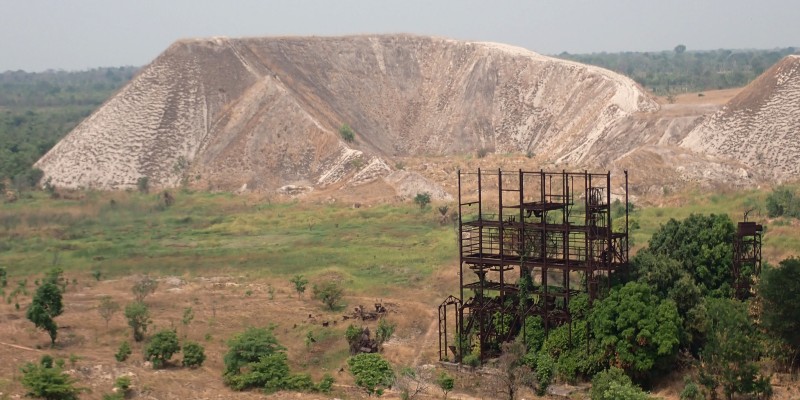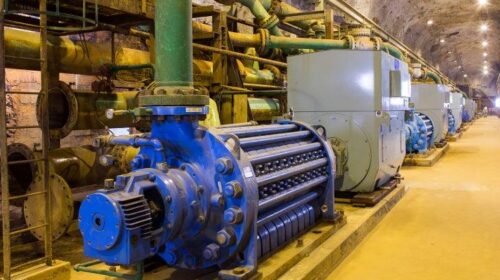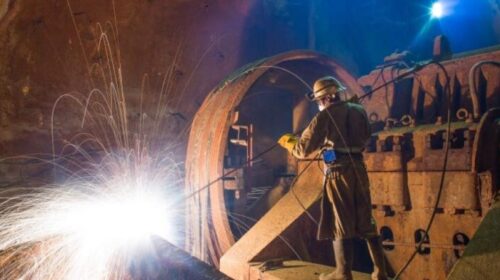Delays and Controversy Cloud Manono Lithium Mining Project in DRC
Announced at the start of 2023, the lithium mining project in Manono, Tanganyika province, remains stalled. Despite high hopes for transforming the Greater Katanga region, the project has yet to launch.
The Democratic Republic of Congo (DRC), which previously mined tin in the area, now faces questions about why this promising project is delayed.
Manono, located in the southeastern DRC, holds the world’s largest lithium reserve. With an estimated 100,000 internally displaced persons (IDPs), the region’s natural resources have attracted global attention, especially with the discovery of lithium.
The demand for lithium, critical for producing lithium-ion batteries used in electric vehicles, is expected to surge, with the global market projected to grow by 16% by 2026, according to Market Research Future.
The announcement of the Manono lithium project initially excited investors and potential buyers, eager to secure supplies. Australian firm AVZ Minerals, initially involved in the project, was removed by the Congolese government following damaging revelations that threatened the country’s credibility with other partners.
AVZ Minerals disputes these claims, arguing through their lawyers that the project was stolen by corrupt officials after they had proved resources, secured financing, and completed necessary studies and contracts.
Local hopes quickly turned to concerns. The project’s suspension is attributed to multiple factors, including non-compliance with agreements between local communities and Manono Lithium, a subsidiary of the Chinese firm Zijin Mining.
Zijin had committed to community projects within two years before starting mining operations, a promise yet to be fulfilled.
“We believed this project would promote community development in Manono and the Tanganyika province. Now, it seems like a scam,” said Patrick Kasongo, a journalist in Tanganyika, to Actualite.cd.
In 2023, the General Inspectorate of Finance accused Zijin Mining of acquiring rights to the Manono project through fraudulent means, involving Cominiere, a Congolese state-owned company.
A sum of $70 million paid by Zijin to a local NGO, Le Bouclier, has raised suspicions of corruption, with only $40 million accounted for. The remaining funds are untraceable, leading to public outcry and political backlash.
Moïse Katumbi, an opposition leader, condemned the situation, calling it “scandalous” and accusing elites of profiting at the expense of the people. He urged the prosecutor to take action and demanded accountability for the lost funds.
Citizen movements in Tanganyika, including the Association of the Children of Traditional Chiefs, Filimbi, Lucha, and the Standing Parliament without Taboo, have also protested, demanding transparency and the return of funds to benefit local communities.
“We are here for a noble cause,” said Satchease Sangwa, a young Tanganyika resident. “Manono Lithium must explain where the money meant for Tanganyika’s development went. We demand state oversight and involvement of our elected officials to ensure justice.”
Local authorities have suspended Manono Lithium’s activities, citing non-compliance with Congolese regulations. This suspension raises questions about how the company announced its operations without being in good standing.
The NGO Le Bouclier, implicated in the controversy, declined to comment, while Cominiere’s management maintains that it operates transparently.
Despite the controversy, the Manono Lithium mine is a significant asset, with a projected lifespan of 20 years. According to a feasibility study by Rio Tinto, the mine holds approximately 45 million tonnes of reserves and could produce 700,000 tonnes annually.
As the situation develops, local communities continue to demand accountability and the realization of promised benefits from the region’s rich natural resources.
SOURCE:actualite-cd.
![]()





